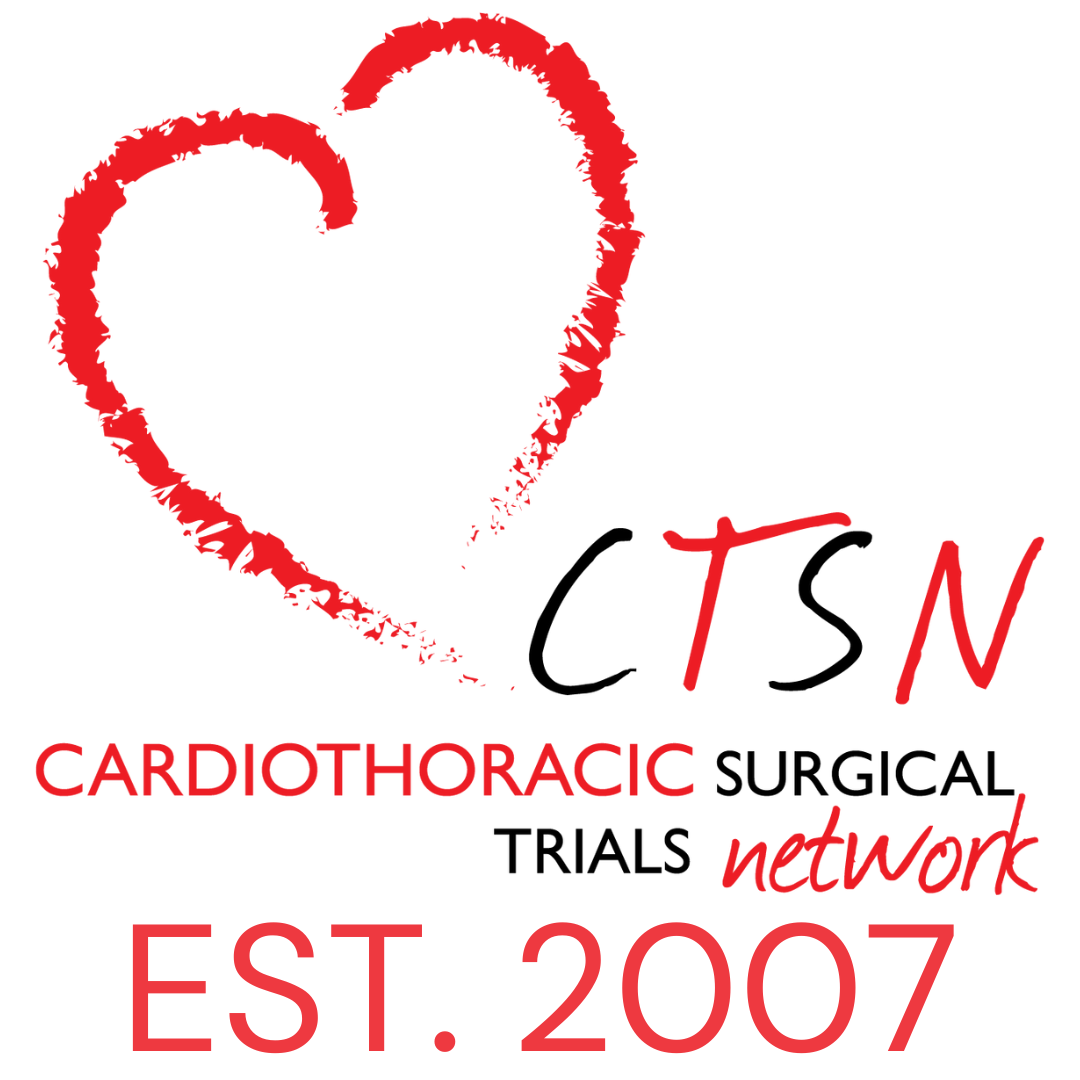Percutaneous or Surgical Repair In Mitral Prolapse And Regurgitation for ≥60 Year-olds (PRIMARY)
The purpose of this trial is to compare the risks and benefits of two different procedures used to help patients with mitral valve regurgitation. Mitral valve regurgitation is a condition where the valve does not close fully when it is supposed to, and some blood can then leak back into the left atrium instead of circulating to the rest of the body.
The PRIMARY trial will compare two treatment options for mitral valve regurgitation:
(1) transcatheter edge-to-edge repair, which is a catheter procedure for repairing the mitral valve that doesn’t require surgery to open up the heart, and
(2) mitral valve repair surgery, which is an open-heart surgical procedure.
There are no new or experimental procedures being tested in this trial: both treatment options are well-established treatments and are regularly performed in patients who have mitral valve regurgitation. However, the Food and Drug Administration (FDA) has not approved the investigational catheter device used in the TEER repair procedure for all types of patients with MR. Similarly, in Canada, Germany and the United Kingdom these devices are considered investigational for certain types of patients.
If you are eligible to participate in this trial, this means that both procedures are safe for you. However, if you participate you will not be able to choose which procedure you will receive.
This study will enroll 450 patients with mitral valve regurgitation in up to 100 clinical centers in the United States, Canada, Europe, and the United Kingdom.
The duration of the study is 10 years.
To learn more about this clinical trial, please email: Chari Ponder (Chari.Ponder@mountsinai.org)
Anticoagulation for New-Onset Post-Operative Atrial Fibrillation after CABG (PACeS)
The purpose of this trial is to compare two commonly used treatment strategies for managing atrial fibrillation after cardiac surgery.
Atrial fibrillation is the most common irregular heartbeat that occurs in some patients after they undergo coronary artery bypass surgery. It can develop when the upper chambers of the heart (atria) produces a disorganized electrical activity, which then causes the heart to beat irregularly. Patients who have this heart beat irregularity are at a higher risk of developing blood clots in the heart, which can cause a stroke, and result in death.
There are two classes of drugs for preventing blood clots: antiplatelet drugs and anticoagulants. Antiplatelet drugs prevent clots from forming and growing by stopping blood cell fragments, called platelets, from clumping together.
Anticoagulants work differently. They affect the reaction of the clotting proteins in the blood, so that the blood is “thinner” and less likely to form a clot. These drugs can also cause bleeding more easily.
This trial aims to determine which treatment works best in patients who develop atrial fibrillation after coronary artery bypass surgery.
This study will enroll 3,200 patients who develop AF after coronary artery bypass surgery in up to 100 clinical centers in the United States, Canada, Europe, the United Kingdom and Brazil.
The duration of the study is 6 months.
To learn more about this clinical trial, please email: Jonathan Hupf (Jonathan.Hupf@mountsinai.org)
Embolic Protection in Patients Undergoing High-Risk Valve Surgery (EMPRO)
Patients WHO undergo heart surgery face a risk for injury to the brain including stroke. During the surgery, debris such as plaque, may be dislodged from the wall of the aorta (the large blood vessel leading from the heart to the brain and the rest of the body). Debris can travel to the brain or other organs (such as the kidneys) and cause injury.
The Food and Drug Administration (FDA) has cleared a device, the CardioGard Cannula, for use during cardiac surgery to capture such debris, when it occurs. The researchers in this study are seeking to learn how well this device reduces the risk of stroke or other injury to the brain or injury to the kidneys from such debris after heart surgery.
This trial will examine how well patients do after surgery when the CardioGard cannula is used compared to how well patients do who receive surgery with the standard of care cannula.
This study will enroll 842 patients undergoing heart surgery in clinical centers in the United States and Canada.
The duration of the study is 1 year.
To learn more about this clinical trial, please email: Claudia Merlin (Claudia.Merlin@mountsinai.org)

